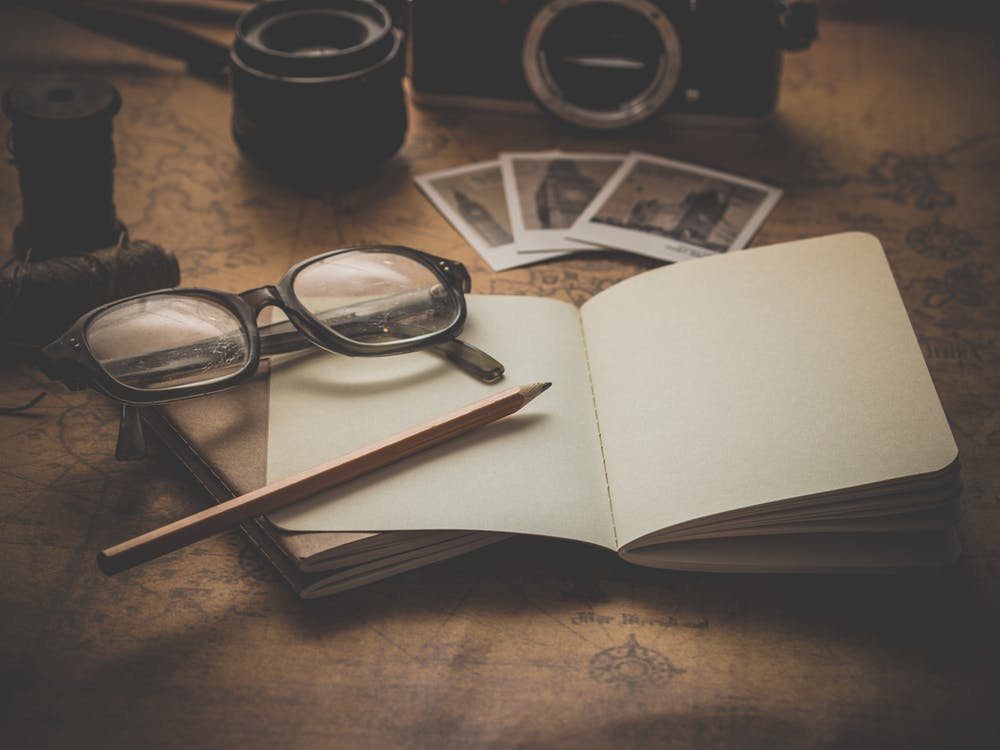You don’t have to overhaul your style and approach to improve your daily writing tricks; there are actually lots of little things you can do to advance your writing and see a difference immediately. These five tips are easy to implement and maintain, but can have a profound impact on your writing overall.
Outside Resources
- Use a dictionary
Checking dictionary definitions might seem tedious, but a lot of writers don’t realize when they are using a word incorrectly. The best way to monitor vocabulary usage is by checking definitions for accuracy of meaning. Sometimes words that sound similar are easily confused, and they have extremely different meanings. Use the right word every time and amp up your writing by relying on a dictionary.
The good news is that you no longer have to locate that dusty dictionary on your bookshelf and thumb through hundreds of pages to find out if you are using a word correctly. Modern resources make the process so much easier (and faster, too). Programs like eType allow you to automatically check a word’s meaning without having to stop your work or navigate away from the page.
- Get editing help
Sometimes typing quickly leads to silly errors. A writer might leave a letter off of the end of a word or fail to use an apostrophe in an instance where there definitely should be one. Editing your own work can help you catch mistakes and correct errors, but that isn’t always the most time-effective approach.
Writers can get editing help through programs that underline errors and call attention to inconsistencies. The eType platform predicts the next word in context and offers suggestions to keep your writing flowing smoothly. With help as you type, you will have more time for a quick read-through once your work is complete.
Go Over Your Work
- Read your work out loud
It feels a little ridiculous at first, but this technique has proven results. Reading a piece of writing out loud allows you to notice the tone, word usage, and flow of the content. It’s easier to make changes and edits once you’ve heard each sentence, and you can pick up on grammatical errors faster. The combination of proofreading your work and reading aloud will help you fine-tune your writing and create a polished final draft.
If multitasking is difficult, you can always ask a friend or partner to read your work aloud so that you can edit as you go. It might be easier to just focus on listening to your writing so that you can digest the content.
- Be patient with first drafts
A first draft is just an initial attempt–it doesn’t have to be perfect, polished, or any good at all. Often times it is helpful to just get something down and then come back to it later. It’s completely okay to make a lot of changes and edits, but don’t be upset about not getting it right in one go. Writing is a process and first drafts are a necessary tool for creating a great final product.
When writing your first draft, don’t stress too much about correct spelling and punctuation. Instead, focus your energy on the words on the page, and let an all-in-one platform like eType take care of the rest.
- Read more
The best writers are also avid readers. Reading allows you to understand good writing, particularly in terms of sentence construction and paragraph structure. The more you read, the more ideas you will have about how to write effectively, so don’t feel guilty about taking a break from your writing to do a little reading research.


